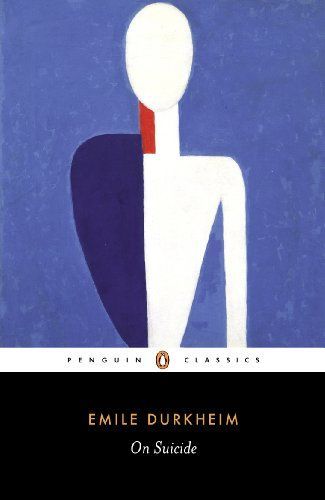
On Suicide
Emile Durkheim’s On Suicide (1897) was a groundbreaking book in the field of sociology. Traditionally, suicide was thought to be a matter of purely individual despair but Durkheim recognized that the phenomenon had a social dimension. He believed that if anything can explain how individuals relate to society, then it is suicide: Why does it happen? What goes wrong? Why do certain social, religious or racial groups have higher incidences of suicide than others? As Durkheim explored these questions he became convinced that abnormally high or low levels of social integration lead to an increased likelihood of suicide. On Suicide was the result of his extensive research. Divided into three parts - individual reasons for suicide, social forms of suicide and the relation of suicide to society as a whole - Durkheim’s revelations have fascinated, challenged and informed readers for over a century.
Reviews
John Balek@cruelspirit
Crystal L@umcrystal
GP@golp
Andrea Ordoñez @andreaovs
Fruzsina Juhász@maybeimabookworm
Kirstine Dueholm@granny